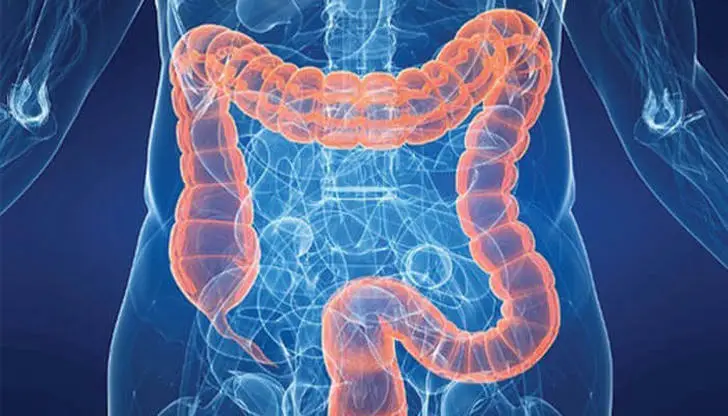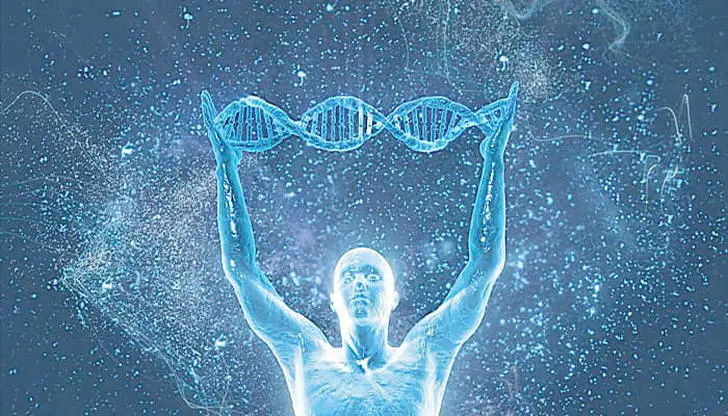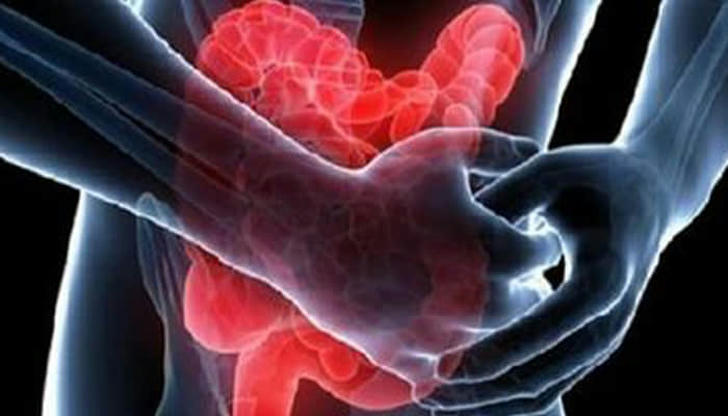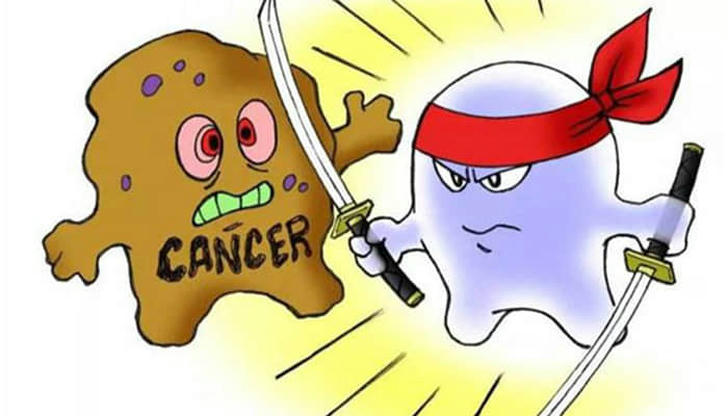8 Risk Factors for Rectal Cancer
Advertisement

Rectal cancer is one of the most common malignant tumors. Every year millions of people worldwide die from it. The incidence is the rectum, sigmoid colon, cecum, ascending colon, descending colon, and transverse colon according to the anatomical location. The exact cause of rectal cancer is still unclear, but studies have found that the occurrence of rectal cancer is related to the following eight risk factors.
1. Diet

From the observation of rectal cancer incidence, it can be clearly found that rectal cancer is closely related to people's living standards. The incidence of rectal cancer in developed regions is significantly higher than in undeveloped regions. After undigested protein and fat enter the colon, a large number of carcinogens are generated under the decomposition of bacteria in the colon, which in turn leads to the occurrence of rectal cancer. Essential trace elements in food: trace elements copper, zinc, iron, selenium, potassium, molybdenum, and calcium all have the effect of preventing colon cancer, of which copper, zinc, iron, and selenium are considered to have anticancer effects. The intake of dietary trace elements affects the risk of rectal cancer. Increasing the intake of copper, zinc, iron, and selenium can prevent the occurrence of rectal cancer, while excessive intake of phosphorus is a risk factor for the incidence of rectal cancer.
2. Smoking and drinking

Studies have found that smoking is an important risk factor for rectal cancer. This is because the carcinogen benzopyrene in cigarettes induces the proliferation of rectal cancer cells. In addition, nicotine, the main alkaloid in tobacco, not only promotes the proliferation of intestinal cancer cells but also enhances the resistance of intestinal cancer cells to chemotherapeutic drugs.
Evidence from the World Cancer Research Fund shows that alcoholic beverages increase the risk of rectal cancer. When ethanol enters the human body and is converted into acetaldehyde, it can damage DNA, induce gene mutation, and have a strong carcinogenic effect. And long-term alcohol abuse can also lead to folic acid deficiency in the human body.
3. Lack of sports

From the feedback of many rectal cancer patients, everyone has a bad habit of "not moving". Sitting for a long time can easily slow down the peristalsis of the intestines and stomach. If coupled with an incorrect sitting posture, it will also lead to poor blood circulation in our abdominal cavity, pelvic cavity, and lumbosacral region. The weakened immune function of the tract can cause a series of digestive problems, such as bloating and constipation.
As we mentioned earlier, once the peristalsis of the intestines slows down, those wastes and harmful substances are easy to accumulate in the body, irritate our intestines and induce colon cancer. In the 2019 American Cancer Institute expert report, increased physical activity is the only effective preventive way to reduce the risk of rectal cancer.
Increasing proper exercise can not only avoid obesity but also help patients with rectal cancer to improve their immunity. Moderate and small-intensity exercise can also maintain the stability of the intestinal mucosal barrier and help us resist the invasion of pathogenic microorganisms.
4. Stay up late

Staying up late for a long time is a high-risk factor for various diseases. Among young patients with colon cancer, staying up late seem to have become commonplace. They are either studying, or playing games on mobile phones, but they refuse to go to bed on time. If this continues, the body will not be able to metabolize toxins normally. In the long run, the immune function of the human body will also weaken, resulting in an increased risk of cancer.
5. Genetics

Facts have proved that many cancers are closely related to genetics, such as rectal cancer, ovarian cancer, breast cancer and so on. For rectal cancer patients, the genetic factors of these two types of patients are obvious, one is patients with familial adenomatous polyposis, and the other is hereditary nonpolyposis rectal cancer.
Although we may not be able to change the characteristics that genes bring to us, we can find these genetic mutations related to genetics through genetic testing. Healthy people can do a good job in disease prevention. For patients who have developed bowel cancer, genetic testing you can find a more suitable targeted drug for you.
6. Disease

Under the influence of some intestinal diseases, the incidence of rectal cancer has also increased. Rectal adenoma is one of the typical causes of rectal cancer. Clinically, about 2/3 of rectal polyps are adenomas. In addition, some inflammatory diseases of the colon are also closely related to rectal cancer, such as chronic ulcerative colitis, which is recognized as a disease with a high risk of cancer.
7. Stress

Through the analysis and comparison of rectal cancer cases, the researchers found that mental factors are risk factors for rectal cancer, and those nervous and anxious emotions will affect the survival and prognosis of rectal cancer patients.
Studies have found that long-term psychological stress, emotional tension, and anxiety can easily lead to autonomic dysfunction, which in turn leads to insufficient secretion of digestive juices and slowed gastrointestinal motility. Therefore, everyone should learn to relieve their stress in time. If you really cannot relieve yourself, it is also a good way to seek professional psychiatrist consultation.
8. Personal risk factors

For patients who have suffered from rectal cancer, the risk of developing rectal cancer again will be higher than normal people, so in normal life, everyone must "kill" those bad habits that affect our health. And be sure to double-check.
In addition, there are some breast cancer patients, ovarian cancer patients or cervical cancer patients who need special attention, because these types of cancers are particularly easy to metastasize to the rectum, so the examinations that should be done are still indispensable.



